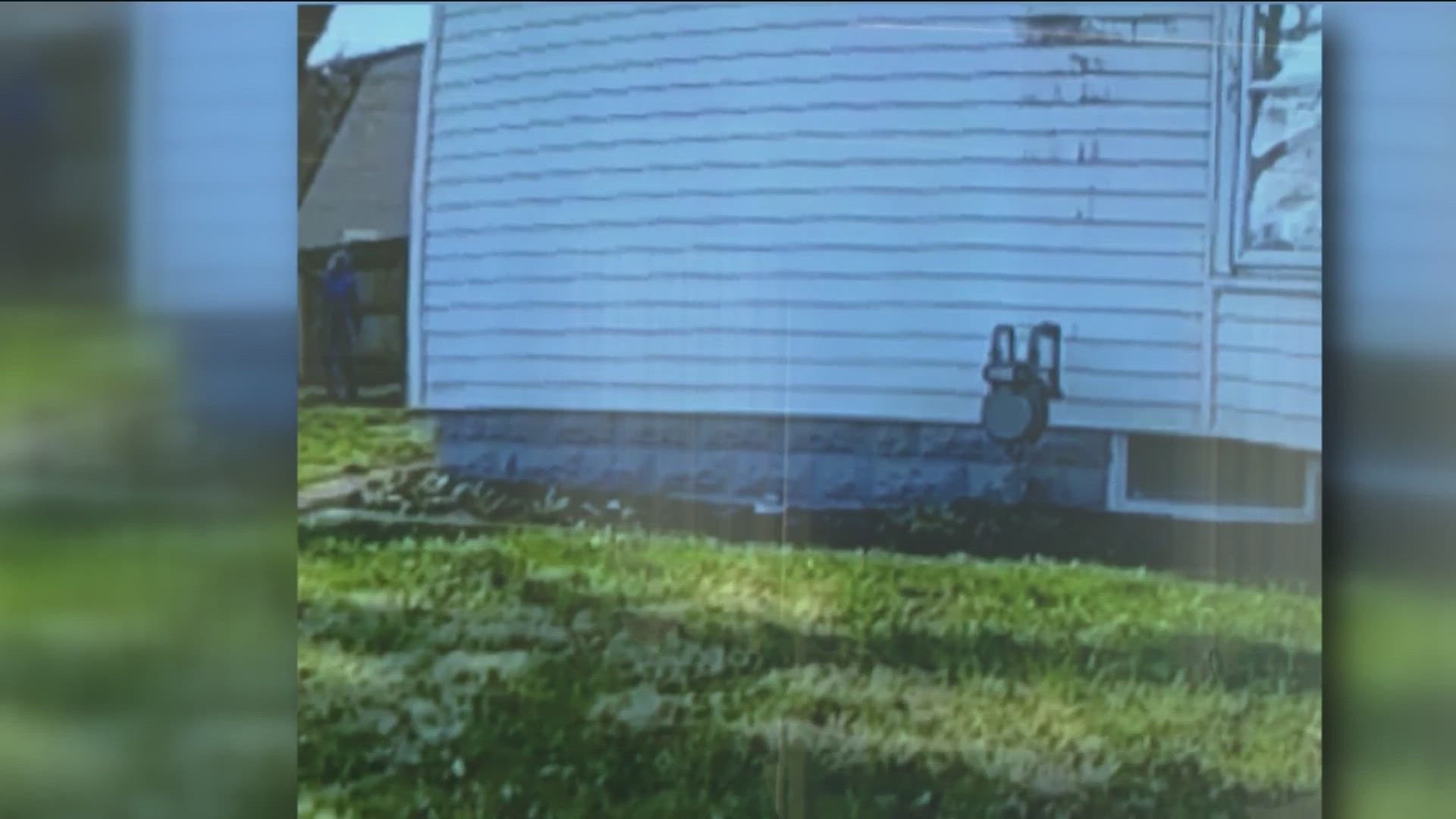Dealing with property taxes can be confusing. This article simplifies the Lucas County Auditor’s office, its functions, and online resources. We’ll cover property valuation, tax collection, the 2024 reappraisal, and more. Let’s make navigating Lucas County property ownership easier.
Understanding the Auditor’s Role
The Lucas County Auditor’s Office is the central hub for property values and taxes. They determine your property’s worth, impacting your tax bill. Their goal is fair tax distribution across the county.
Decoding Property Assessments
Your property’s assessed value isn’t arbitrary. The Auditor considers factors like size, location, recent comparable sales, and condition. This process, much like an appraisal, aims to reflect market worth.
Keeping Up with the Market: Reappraisals
Property values fluctuate. Therefore, Ohio law mandates reappraisals every six years with interim adjustments after three. This maintains fair tax distribution reflecting current market conditions. The 2024 reappraisal indicated a county-wide average 29.5% increase, not necessarily reflecting individual tax increases. More on the 2024 reappraisal and its impact can be found further down this page.
Concern Letters: Don’t Panic
A letter expressing concern about a potential tax increase due to a higher assessment is not a tax bill. It’s a notification. The impact on your bill hinges on various elements like local taxing entity budgets (schools, libraries, etc.).
Appealing Your Assessment
If you believe your assessment is inaccurate, you can appeal. The Auditor’s office has a process for this. Find details on their website or contact them.
Meet Anita Lopez, Your Lucas County Auditor
Anita Lopez leads the team, emphasizing transparency and accuracy in assessments, building community trust.
Online Resources: Your Digital Toolkit
Access GIS mapping, AREIS data (detailed property records), and other tools on the Auditor’s website. It’s a digital library of Lucas County property data.
Contacting the Auditor’s Office
Reach them at 1 Government Center, Suite 770, Toledo, OH 43604, Monday-Friday, 8:00 AM to 4:30 PM (excluding holidays). Call (419) 213-4406 or connect via their Facebook page.
Looking Ahead: Technology’s Role
The Auditor’s office explores technologies like drones and AI for potential future assessment improvements.
What Does the Lucas County Auditor Do?
The Lucas County Auditor’s core duty is fairly assessing property values, directly impacting your property taxes and community service funding.
The Auditor’s Responsibilities
Beyond property taxes, the Auditor acts as a financial watchdog:
- Property Valuation: Determines property values for tax calculations.
- Tax Collection Oversight: Ensures accuracy in the Treasurer’s tax collection process based on valuations.
- Licensing and Permits: Manages various licenses (vendor, dog, etc.).
- Rental Registrations: May handle rental property registrations, aiding urban planning and resource allocation.
- Public Records: Maintains and provides access to relevant public records.
The Assessment Cycle
Ohio law mandates six-year reappraisals with three-year interim updates to align with market conditions. The 2024 reappraisal occurred.
The 2024 Reappraisal: Its Implications for You
The 2024 reappraisal sets the property tax baseline for the coming years. Appeal if you believe your valuation is inaccurate. The Auditor’s office offers guidance.
Beyond Property Values: The Broader Impact
Taxes based on assessments fund schools, libraries, parks, emergency services, and road maintenance.
Accessing Information
The Auditor’s office prioritizes transparency, offering online resources and direct contact options (phone, email). Direct contact may be the most efficient for specific questions.
Unanswered Questions and Ongoing Research
While aiming for comprehensiveness, the complexities of property valuation and tax assessment constantly evolve. Current information may change. Refer directly to the Auditor’s office for the latest updates.
Who Is the Chief of Staff of the Lucas County Auditor?
The Lucas County Auditor’s office requires skilled leadership. For over 17 years, Emmanuel Yakumithis, the Chief of Staff, has ensured smooth operation.
Emmanuel Yakumithis: Behind the Scenes
Yakumithis, Chief of Staff since February 2007, is essential to the office’s efficiency. He’s the behind-the-scenes conductor, ensuring harmonious operation.
Yakumithis as Interim Auditor
In early 2024, Yakumithis served as interim Auditor for 1-2 months after Anita Lopez’s judicial appointment. This showcased his leadership and expertise.
Decoding the Chief of Staff Role
The Chief of Staff is a key advisor, problem-solver, and operational manager:
| Responsibility | Description |
|---|---|
| Operations Management | Oversees daily functions and efficient workflow. |
| Policy Advisement | Advises the Auditor on policy decisions. |
| Communications | Manages internal and external communications. |
| Strategic Planning | Contributes to long-term strategic goals. |
| Problem Solving | Addresses challenges for smooth operations. |
The Answer: Emmanuel Yakumithis
Emmanuel Yakumithis, the Chief of Staff, possesses extensive experience and a deep understanding of the office. His long tenure and interim Auditor role demonstrate his commitment. Ongoing research may further illuminate this role.
What Is the Tax Rate in Lucas County?
Lucas County doesn’t have a single tax rate. It’s determined by property type, location (taxing district), and voter-approved levies.
Your Taxing District
Lucas County is divided into taxing districts, each with a unique rate reflecting community needs and priorities. The Auditor’s website likely offers a search tool to find your district.
Property Types and Tax Rates
Different property types (residential, commercial, agricultural, industrial, public utility) have varying rates reflecting their demands on local services.
Millage Rates
Millage is one thousandth of a dollar ($1 per $1,000 of assessed value). A 10-mill rate on a $100,000 assessed property results in a $1,000 annual tax bill.
Assessed vs. Market Value
Assessed value (35% of market value in Ohio) is the basis for property tax calculations. Find both values on the Auditor’s website.
Levies: Your Say in Local Funding
Voters decide on levies—additional taxes for specific projects or services (school renovations, libraries, parks). Levies impact your tax rate.
The 2024 Revaluation: Potential Impacts
The 2024 residential property revaluation resulted in a tentative 29% assessed value increase. This doesn’t automatically translate to a 29% tax increase. Final taxes depend on millage rates and levies. Millage rates may adjust to mitigate impact.
Estimating Your Property Taxes
Estimate your taxes by multiplying the assessed value by the millage rate and adding levy amounts. Contact the Auditor for the precise amount.
Still Have Questions?
The Lucas County Auditor’s office is your primary resource for property tax information. They offer online tools and knowledgeable staff.
Uncover the captivating legal landscape of Mohnton PA United States and delve into the fascinating world of lawyer abbr.
- Unlock Water’s Symbolism: A Cross-Cultural Exploration - April 20, 2025
- Identify Black and White Snakes: Venomous or Harmless? - April 20, 2025
- Unlocking Potential: Origins High School’s NYC Story - April 20, 2025
















4 thoughts on “Navigating the Lucas County Auditor’s Office: Property Taxes, Assessments, and Online Resources”
Comments are closed.